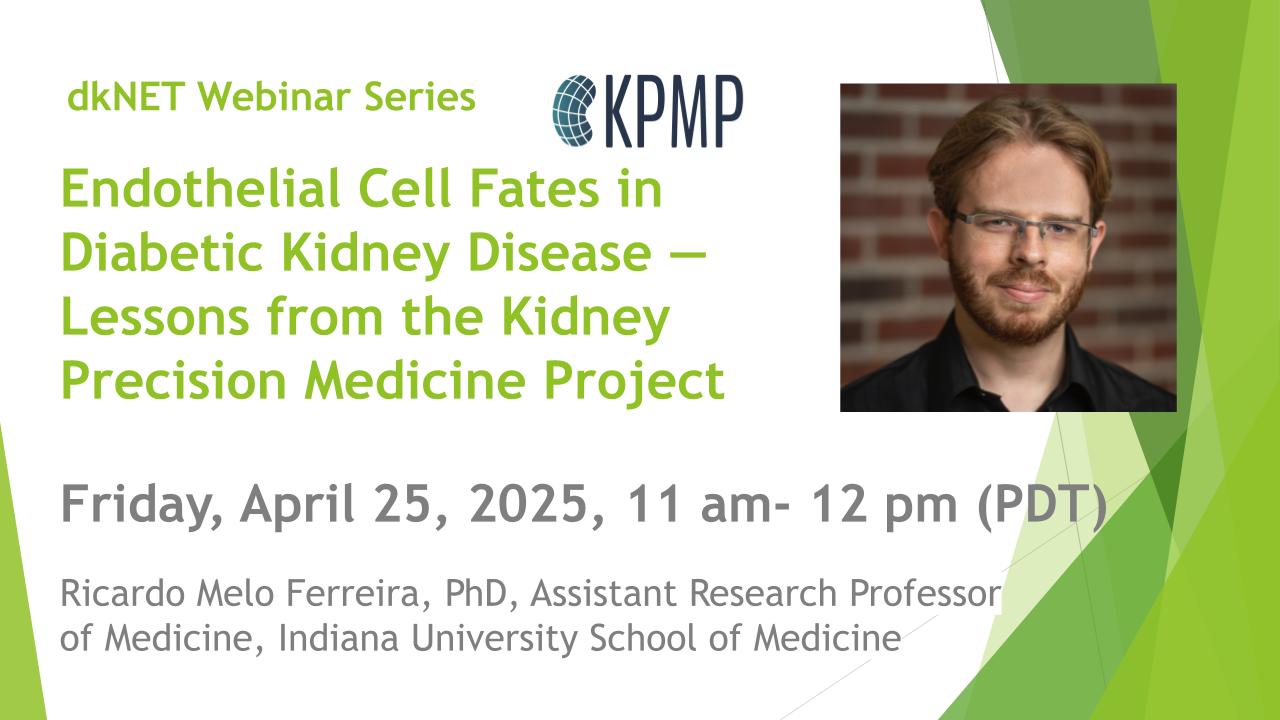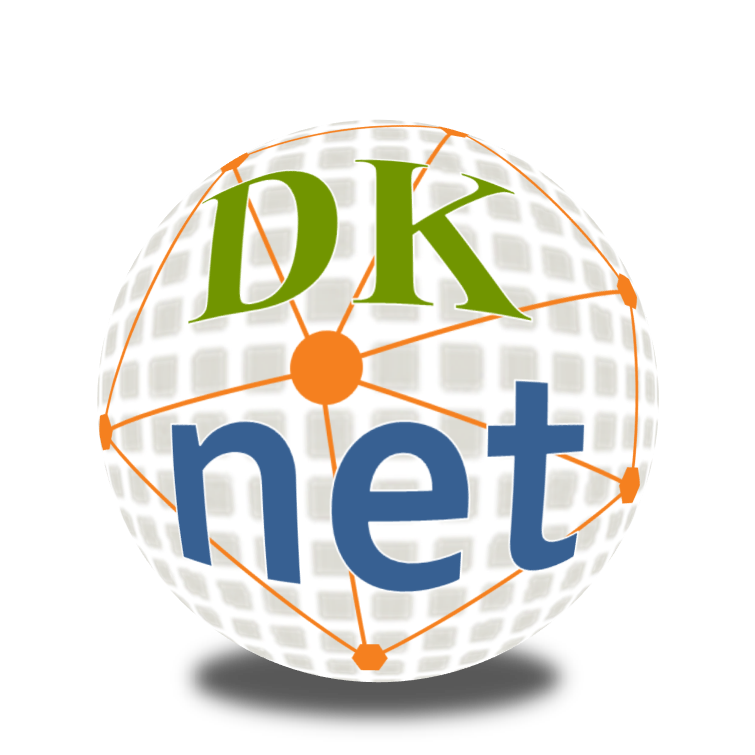Leaving Community
Are you sure you want to leave this community? Leaving the community will revoke any permissions you have been granted in this community.
[Recorded Webinar And Slides Are Available Now!] dkNET Webinar: FAIR Data Curation of Antibody/B-cell and T-cell Receptor Sequences in the AIRR Data Commons

*Watch recorded webinar here: https://youtu.be/yL2CkZjgVyM
*Webinar slides: https://www.slideshare.net/dkNET/dknet-webinar-fair-data-curation-of-antibodybcell-and-tcell-receptor-sequences-in-the-airr-data-commons-01272023finalpdf
Join dkNET Webinar on Friday, January 27, 2023, 11 am - 12 pm PT
Presenters
Dr. Felix Breden, Scientific Director, iReceptor
Dr. Brian Corrie, Technical Director, iReceptor
Dr. Kira Neller, Bioinformatics Director, iReceptor
Abstract
AIRR-seq data (antibody/B-cell and T-cell receptor sequences from Adaptive Immune Receptor Repertoires) can describe the adaptive immune response in exquisite detail, and comparison and analysis of these data across studies and institutions can greatly contribute to the development of diagnostics and therapeutics, including the discovery of monoclonal antibodies for treatment of autoimmune diseases.
The AIRR community has developed protocols and standards for curating, analyzing and sharing AIRR-seq data (www.airr-community.org), and supports the AIRR Data Commons, a set of geographically distributed repositories that follows the AIRR Community’s metadata standards and the FAIR principles. The ADC currently comprises > 5 Bn receptor sequences from over 86 studies and ~9000 repertoires. The data model of the ADC has recently been expanded to include gene expression and cell phenotype data from single immune receptor cells, as well as MHC/HLA genotyping.
The iReceptor Gateway (ireceptor.org) queries this AIRR Data Commons for specific “metadata”, e.g. “find all repertoires from T1D studies” or for specific CDR3 sequences (e.g., find all repertoires from healthy individuals expressing this CDR3 sequence). Data from these federated repositories can then be analyzed through the Gateway by several sophisticated analysis tools, or downloaded for further analysis offline. The iReceptor Team at Simon Fraser University has recently initiated a collaboration to greatly expand the amount of bulk and single-cell immune profiling data from T1D studies in the AIRR Data Commons. For more information on obtaining or sharing AIRR-seq data contact support@ireceptor.org.
The top 3 key questions that the Adaptive Immune Receptor Repertoire (AIRR) can answer:
1. A researcher observes that many individuals with Type 1 Diabetes express a specific B-cell or T-cell receptor compared to controls (i.e., a “public” clonotype). To what degree is this receptor observed to be public across other T1D studies or other autoimmune disease populations?
2. Can Machine Learning be used to identify individuals who will respond well to a new cancer immunotherapy based on differences in their antibody/B-cell or T-cell receptor repertoires as curated in the AIRR Data Commons?
3. Is there an association between particular HLA, immunoglobulin (IG), or T-cell receptor (TR) germline gene polymorphisms and propensity toward specific infectious or autoimmune diseases?
Dial-in Information: https://uchealth.zoom.us/meeting/register/tZ0scuihrT8uGtZiOtklnOAtsoK4hFBsz5-u
Date/Time: Friday, January 27, 2023, 11 am - 12 pm PT
Upcoming webinars schedule: https://dknet.org/about/webinar





